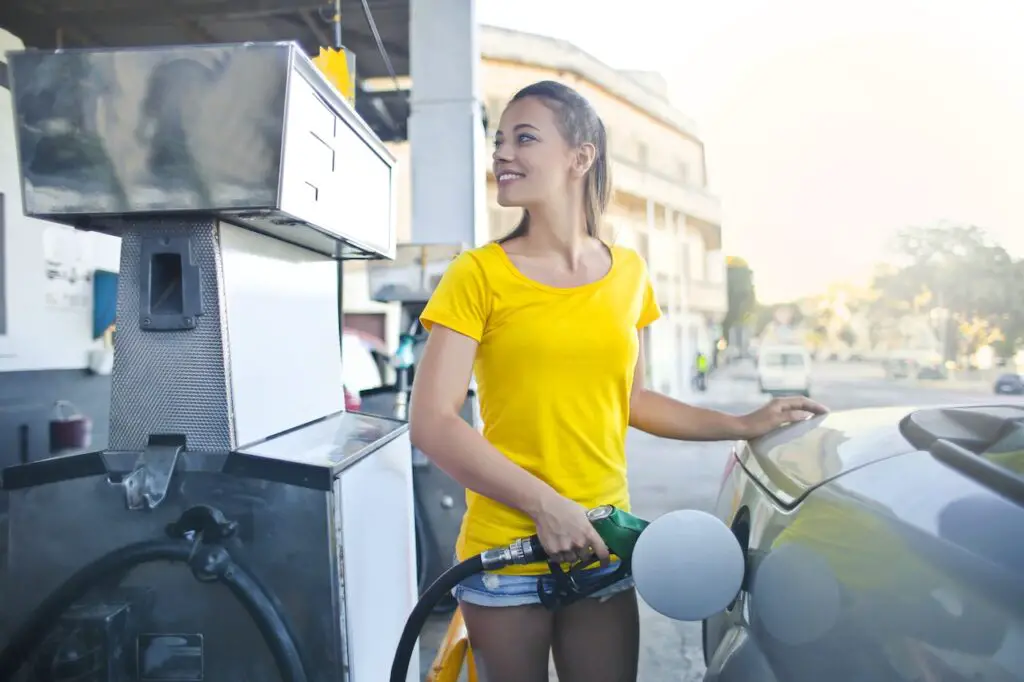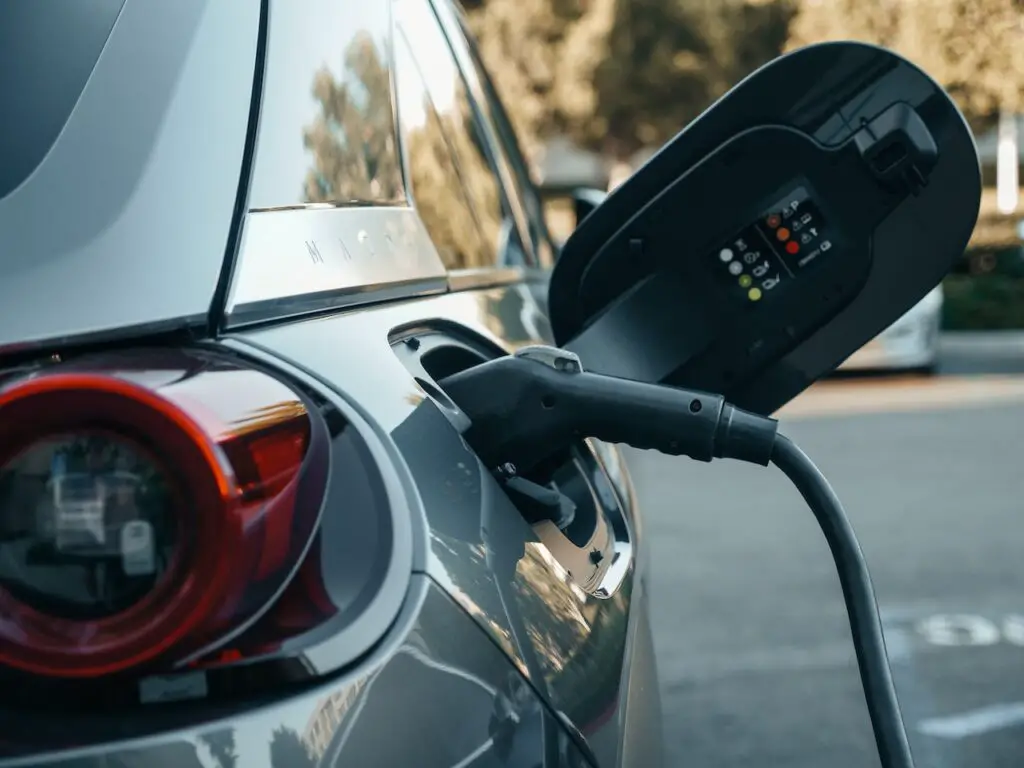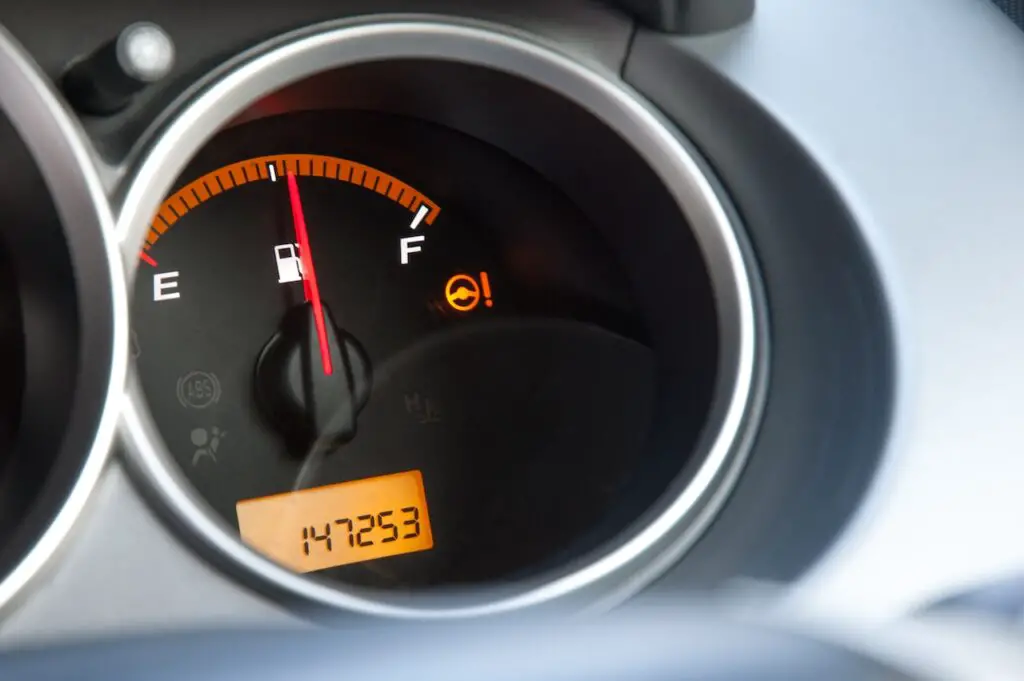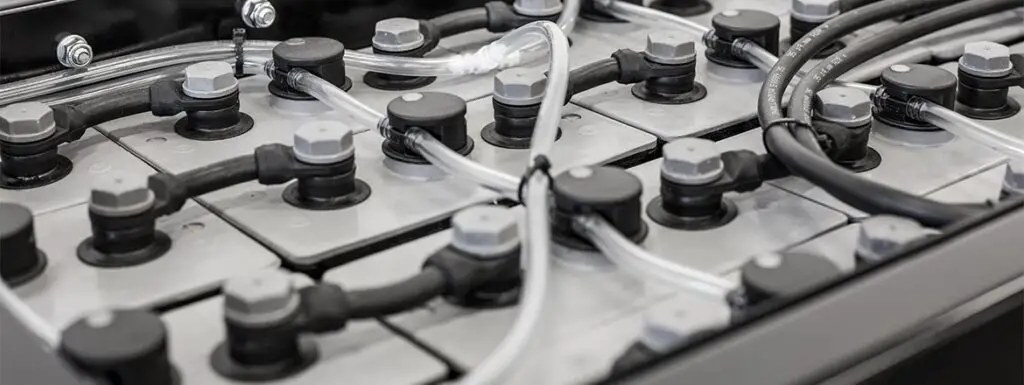As an EV owner, you may have wondered if it’s safe to charge your electric car in the rain. After all, electricity and water don’t mix, right? Well, it turns out that charging your EV in wet weather is perfectly safe, and we’re here to explain why.
In this post, we’ll dispel some common myths about charging your EV in the rain, and provide you with tips on how to stay safe while doing so. So whether you’re an existing EV owner or a potential one, read on to learn more about charging up in wet conditions!
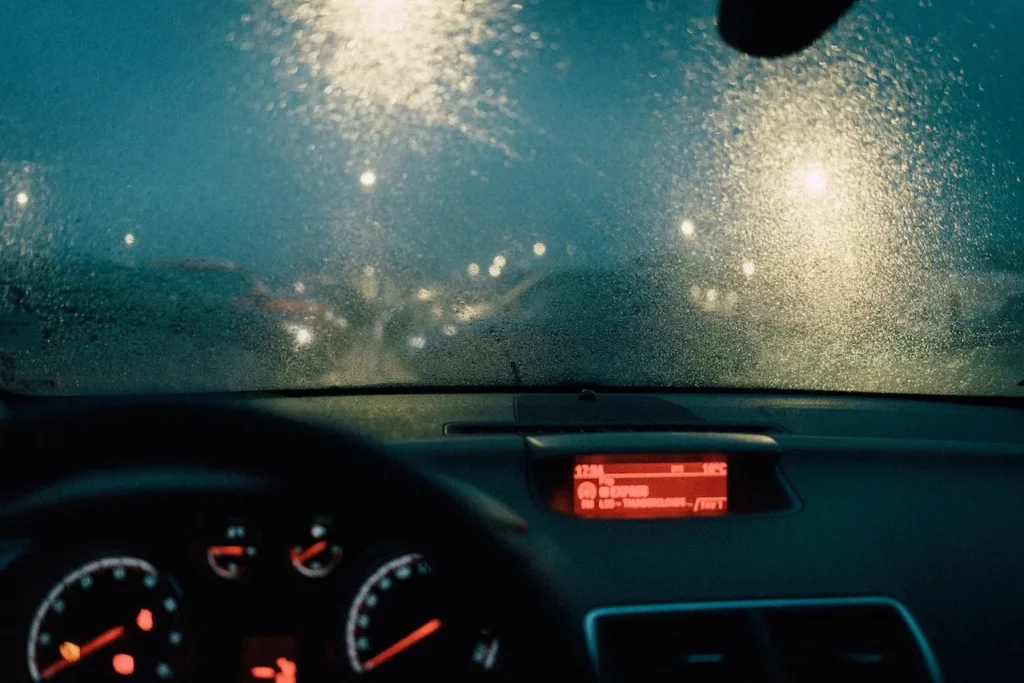
Common Myths About Charging EVs in the Rain
Water and electricity don’t mix
One of the most common myths about charging your EV in the rain is that water and electricity don’t mix. While this is true in many cases, it doesn’t necessarily apply to EV charging.
The misconception that water and electricity don’t mix comes from the fact that water is a good conductor of electricity. When electricity passes through water, it can create a path of least resistance, which can lead to electrocution or equipment damage. This is why it’s so important to keep electrical devices away from water, and to avoid using them in wet conditions.
However, EV charging is different from other electrical devices because it’s designed to be used outdoors and in wet conditions. EV charging stations are built to withstand rain, snow, and other environmental factors, and they are required to meet strict safety standards and certifications.
Additionally, EV charging cables are designed to be insulated and waterproof, which means that they won’t conduct electricity even if they get wet. This is why you can safely charge your EV in the rain without worrying about electrocution or equipment damage.
In conclusion, while it’s true that water and electricity don’t mix in many cases, it’s not necessarily true when it comes to EV charging. As long as you’re using a certified and properly installed charging station, and you’re following basic electrical safety precautions, you can safely charge your EV in the rain without any problems.
EV charging stations are not waterproof
Another common myth about charging your EV in the rain is that EV charging stations are not waterproof. This myth stems from the misconception that all electrical devices are vulnerable to water damage.
- Explanation of why this is not true
In reality, EV charging stations are designed to be weather-resistant and waterproof. They are built to withstand rain, snow, and other environmental factors, and they are equipped with various features to ensure safe and reliable charging in wet conditions.
For example, many EV charging stations have built-in covers or umbrellas to protect you and your car from the rain while charging. They also feature waterproof enclosures for the electrical components and connections, which prevents water from entering the charging station and causing damage.
- Explanation of charging station standards and certifications
In addition to their design features, EV charging stations are also subject to strict safety standards and certifications. For example, many charging stations are certified by organizations such as Underwriters Laboratories (UL) or the International Electrotechnical Commission (IEC), which ensure that they meet rigorous safety and performance requirements.
Furthermore, charging station manufacturers are required to comply with various building codes and regulations, which include provisions for weather resistance and waterproofing. This means that EV charging stations are not only designed to withstand wet conditions, but they are also tested and certified to ensure their safety and reliability.
As long as you’re using a certified and properly installed charging station, you can safely charge your EV in the rain without any problems.
Charging your EV in the rain can damage your car’s battery
Another myth about charging your EV in the rain is that it can damage your car’s battery. This myth is often based on the misconception that water and electricity can create a dangerous combination that can harm your car’s sensitive electronics.
- Explanation of why this is not true
However, charging your EV in the rain is no different from charging it in dry conditions. Electric vehicles are designed to withstand a variety of weather conditions, including rain, and are equipped with various safety features to ensure the protection of the battery and other components.
Furthermore, EV batteries are typically enclosed in a sealed compartment, which protects them from water damage. Even if water were to enter the battery compartment, most modern EV batteries have built-in protection features, such as a water-resistant coating or drainage system, to prevent any damage.
- Explanation of battery protection features in EVs
In addition to their sealed battery compartments, many EVs also feature advanced battery management systems that monitor the battery’s temperature, state of charge, and other parameters to prevent damage or overcharging. These systems are designed to optimize the charging process and prolong the life of the battery.
Moreover, EVs also have various safety features that protect the battery and other components from water damage, such as waterproof seals around the charging port and other electrical connections.
So, charging your EV in the rain is safe and will not damage your car’s battery. Electric vehicles are designed to withstand a variety of weather conditions, including rain, and are equipped with various safety features to protect the battery and other components. As long as you’re using a certified and properly installed charging station, you can safely charge your EV in the rain without any problems.
Tips for Safe EV Charging in the Rain
Charging your EV in the rain is safe and reliable, as long as you follow some basic precautions. Here are some tips to ensure safe and hassle-free charging in wet conditions:
A. Check the weather forecast before charging
Before you start charging your EV, check the weather forecast to make sure that there are no severe storms or heavy rains predicted. If there is a chance of severe weather, it’s best to postpone your charging session until the conditions improve.
B. Use charging stations with covered parking or umbrellas
Whenever possible, choose charging stations that offer covered parking or umbrellas to protect you and your EV from the rain. This will not only keep you dry while charging but also help prevent water damage to your EV’s electrical components.
C. Keep your EV charging port and cable dry
When you’re plugging in or unplugging your EV from the charging station, make sure to keep the charging port and cable dry. Wipe off any water or moisture with a clean, dry cloth before connecting or disconnecting the cable. This will help prevent any potential electrical hazards or damage to the charging port.
D. Follow basic electrical safety precautions
When charging your EV in the rain, it’s important to follow basic electrical safety precautions, such as:
- Never touch the charging cable or port with wet hands or while standing in water.
- Avoid using damaged or frayed charging cables, which can pose a safety hazard in wet conditions.
- If you notice any signs of damage or water intrusion on your EV or the charging station, immediately stop charging and seek professional assistance.
Conclusion
In conclusion, charging your EV in the rain is safe and easy, and there’s no reason to worry about potential electrical hazards or damage to your car’s battery. Here’s a quick recap of the main points we covered in this article:
- Myth #1: Water and electricity don’t mix – this is a misconception, and charging your EV in the rain is no different from charging it in dry conditions.
- Myth #2: EV charging stations are not waterproof – this is not true, as most modern charging stations are designed and certified to withstand wet conditions.
- Myth #3: Charging your EV in the rain can damage your car’s battery – also not true, as EV batteries are typically enclosed in a sealed compartment and have built-in protection features.
We hope that this article has helped to dispel some common myths and concerns about charging your EV in the rain, and that you feel more confident and comfortable doing so in the future.
Remember that charging your EV in the rain is safe and reliable, as long as you follow some basic precautions. So don’t let a little rain dampen your driving or charging experience! With the right preparation and knowledge, you can enjoy hassle-free EV ownership, rain or shine.

